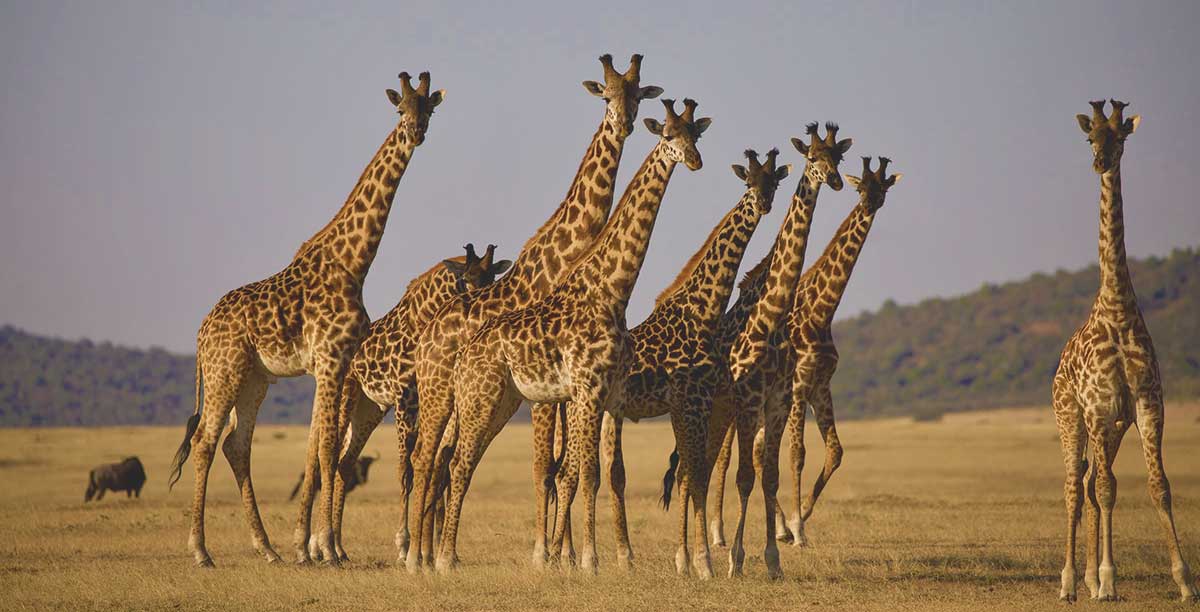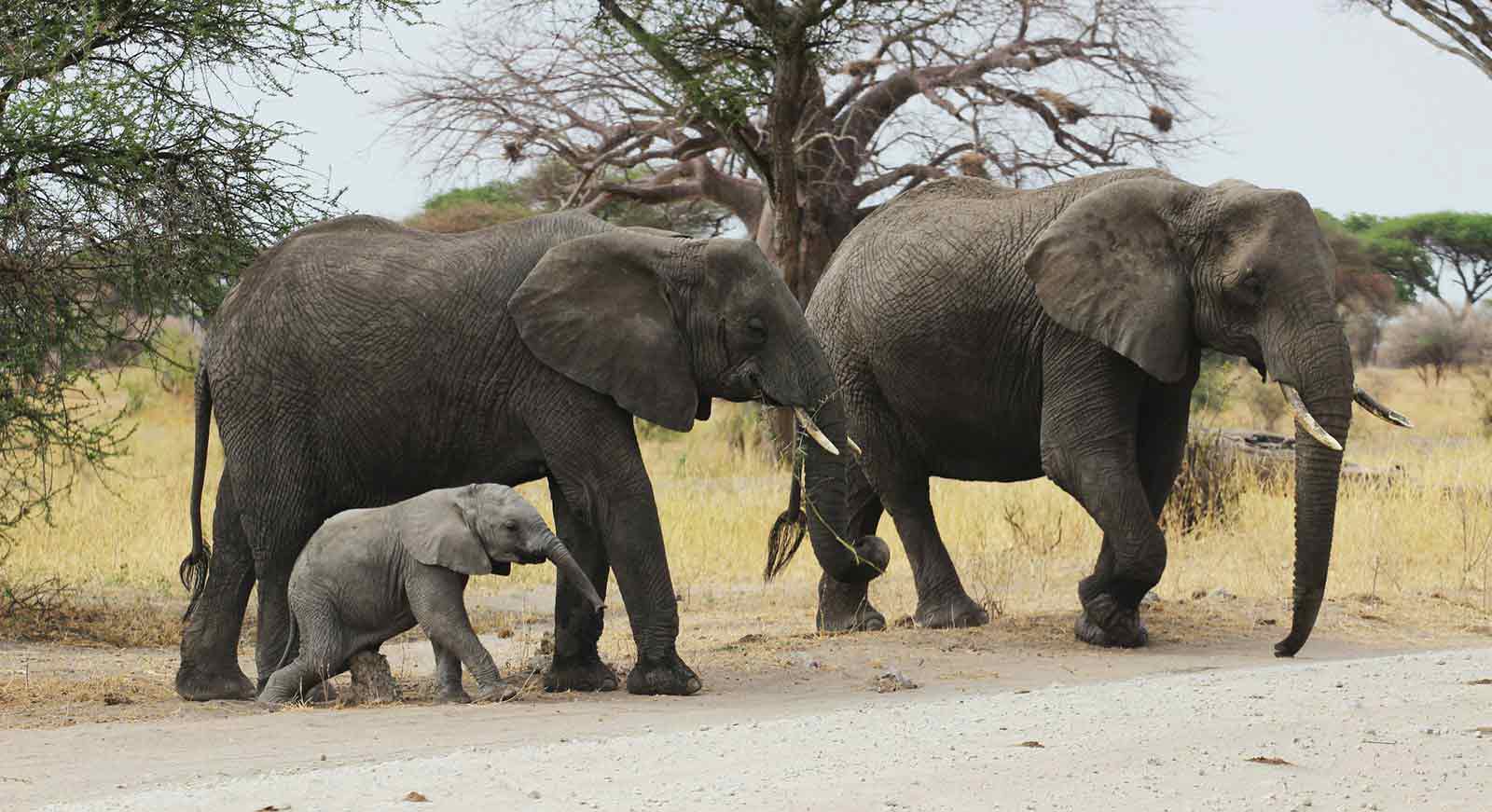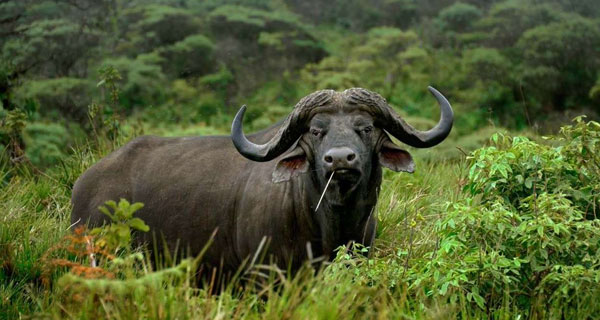Serengeti National Park
ABOUT SERENGETI NATIONAL PARK
Serengeti National Park, located in northern Tanzania, is one of Africa’s most iconic and celebrated wildlife reserves, renowned for its vast plains, abundant wildlife, and annual migration of millions of wildebeest and other herbivores. Spanning an area of over 14,750 square kilometers, the Serengeti is not only Tanzania’s oldest national park but also a UNESCO World Heritage Site, recognized for its outstanding natural beauty and ecological significance.
The Serengeti’s landscape is characterized by sweeping grasslands, acacia woodlands, and scattered rocky outcrops known as kopjes, providing diverse habitats for a staggering array of wildlife. It is home to the Big Five—lions, elephants, buffalo, leopards, and rhinos—along with cheetahs, giraffes, hyenas, zebras, and numerous antelope species. The park’s predator-prey dynamics, particularly the interactions between lions and the migrating wildebeest, offer unparalleled opportunities for wildlife enthusiasts and photographers to witness the drama of the African savannah.
One of the most remarkable natural spectacles in the world is the Great Migration, an annual cycle that sees millions of wildebeest, zebras, and gazelles traverse the Serengeti ecosystem in search of greener pastures. This epic journey covers thousands of kilometers, culminating in river crossings fraught with peril as the animals brave crocodile-infested waters. The migration typically occurs between the Serengeti in Tanzania and the Maasai Mara National Reserve in Kenya, attracting visitors from around the globe who come to witness this awe-inspiring phenomenon.
Serengeti National Park offers visitors a range of safari experiences, from game drives across the plains to hot air balloon safaris soaring above the landscape at sunrise. Guided walking safaris and cultural visits to Maasai villages provide insights into the park’s natural and cultural heritage, while luxury lodges and tented camps offer comfortable accommodations amidst the wilderness. Conservation efforts in the Serengeti focus on protecting its diverse ecosystems, mitigating human-wildlife conflicts, and promoting sustainable tourism practices to ensure the park’s long-term preservation.
Despite its protected status, the Serengeti faces challenges such as habitat fragmentation, poaching, and threats from human encroachment and development. Collaborative conservation initiatives involving government agencies, NGOs, local communities, and international partners are vital for addressing these challenges and safeguarding the park’s biodiversity. By balancing conservation with responsible tourism and community engagement, the Serengeti National Park continues to inspire and captivate visitors with its timeless beauty and untamed wilderness.
OTHER RELATED DESTINATION

SERENGETI NATIONAL PARK

TARANGIRE NATIONAL PARK

